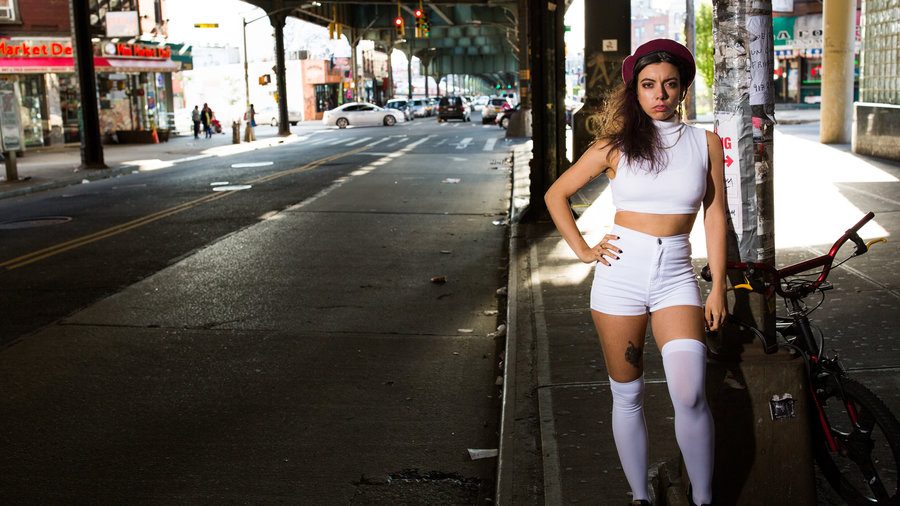How the Voices of the Past Carry Me Forward
April 4, 2018
This past month in DC, thousands of young people descended on the Mall for the March for our Lives. Howard University students stormed their financial aid office after half a million dollars was stolen from their student aid funds. In Sacramento, California, hundreds of folk risked their own lives outside of City Hall to protest the wrongful death of Stephon Clark in his grandmother’s backyard. The news cycle constantly reminds us that the world is a dark place.
Young people are told that technology and innovation will help us change the next generation, but I believe that it will be with our voices and with song.
The power the “protest song” in America dates back to the lynching of African Americans in the early 20th century. The horrors of which are depicted in Billie Holiday’s chilling 1930s jazz rendition of Abel Meeropol’s poem, “Strange Fruit.” She first performed that piece in New York in 1939, where she feared retaliation as a black woman for the its poignant and stark words as where this “strange fruit” on trees are the victims of one of America’s horrific patterns. The single sold over a million copies and became her greatest hit.
I was first introduced to protest music from vinyls in my seventh grade social studies class (yes, my teacher was quite awesome). While we worked in stations, the voices of the movement swirled around the classroom as I learned about the murder of Emmett Till for the first time.
Listening to this music was special to me. Not only was it an escape from the chaos that is being 13 in middle school, it was the first time I’d ever made the connection that music is much more than just something fun to listen to when I got home from school. Music can help inspire great change.
Music as a political platform is powerful to me because it allows anyone who is oppressed to express their concepts of freedom and civil rights and create a cultural object that is meaningful and memorable. This music is not always pretty, but painstakingly beautiful.
The new audio technology of the late 20th century allowed the voices of the Civil Rights and anti-Vietnam war movements to be recorded and shared to a wide audiences of people. It was now easier to bring folk into the movement for civil rights. The introduction of television as a visual medium allowed Americans around the country to witness the songs of the 1963 March on Washington lead by Dr. King. Music is a way to decompress and express emotion without violence.
Carried by the musical influence of blues greats, like the Staples Singers, and the lyrics of traditional African American spirituals, the young voices of the Freedom Singers out of the SNCC were used to raise funds for the movement against Jim Crow segregation. Popularizing their own renditions of songs like “We Shall Overcome” and “Ain’t Gonna Let Nobody Turn Me Round,” the Freedom Singers made protest music accessible for a new generation.
“Without the songs of the movement, personally I believe that there wouldn’t have been a movement,” said Rutha Mae Harris, one of the original Freedom Singers in a 2013 interview with NPR. Political movements are made more potent by their accessibility through song as part of their platform.
We have seen the strength in numbers of young folk who are looking for a change in today’s turbulent political environment. But in an era of hyper-specific channels of media, it is easy to lose track of all the new media, music, and latest artists. I struggle to make time to discover new protest music, whether it’s been produced last week or 50 years ago. While music can obviously not make sweeping policy decisions or prevent police brutality, it can help foster a culture of collectivism against these injustices.
I started this column in hopes of sharing and talking about the artists of today who are inspiring great change. Some of those are included in my playlist, like Benjamin Booker, Hurray for the Riff Raff, and the Drive-By Truckers. Music allows us to break through the endless stream of social media and the bantering, endless news cycle.
As we face this wave of negativity, I want this to serve as a reminder of where we’ve been as a society, and how we can rise up again. So speak up! I want to hear your voices.















